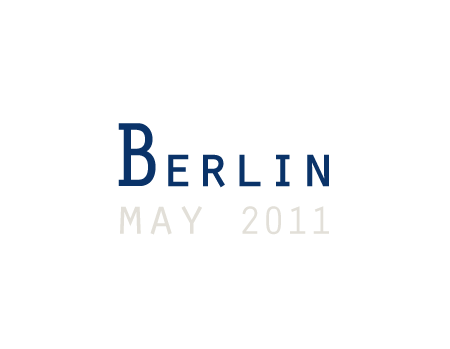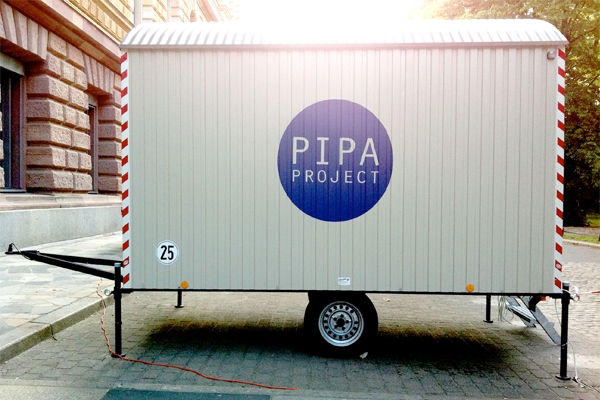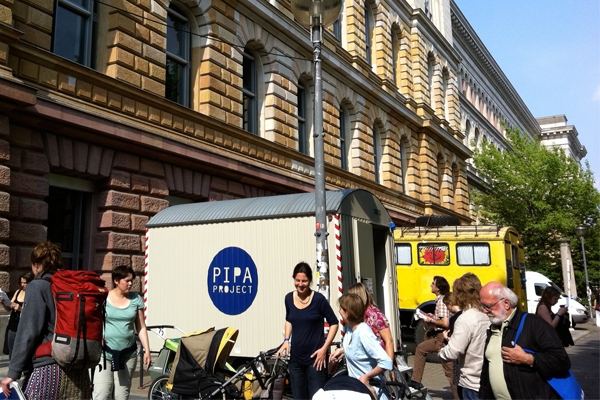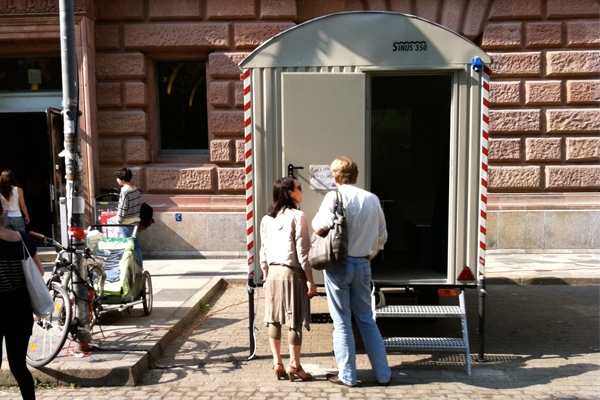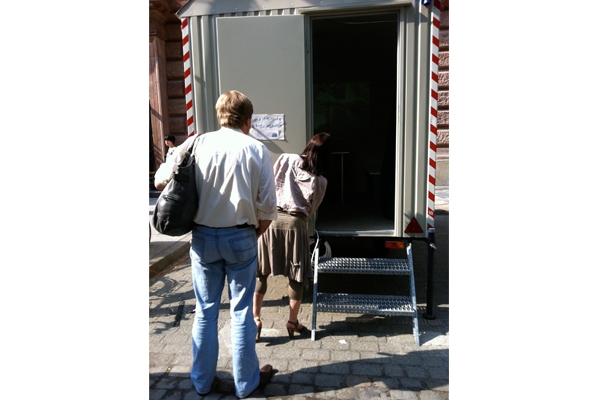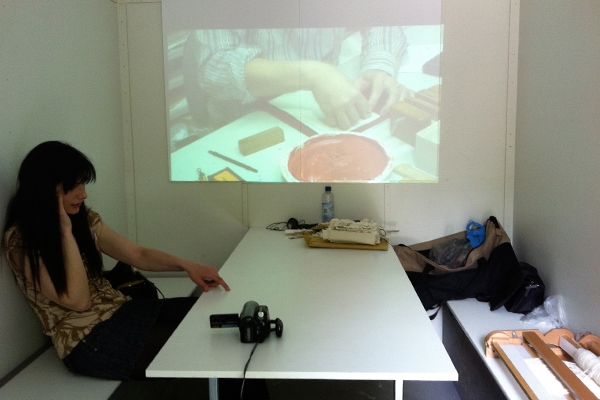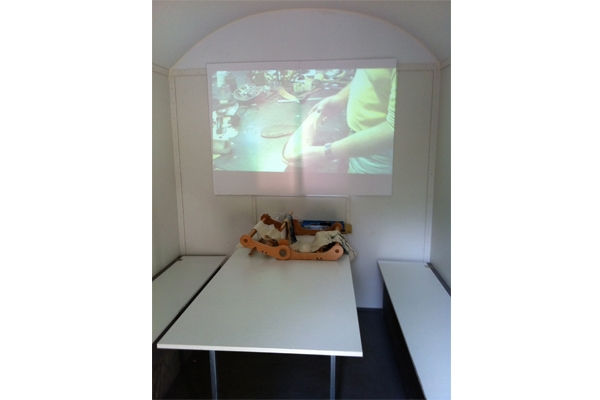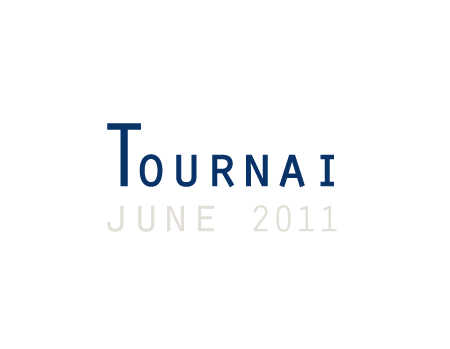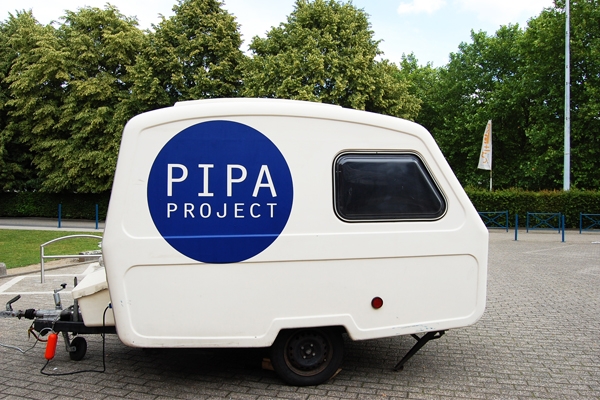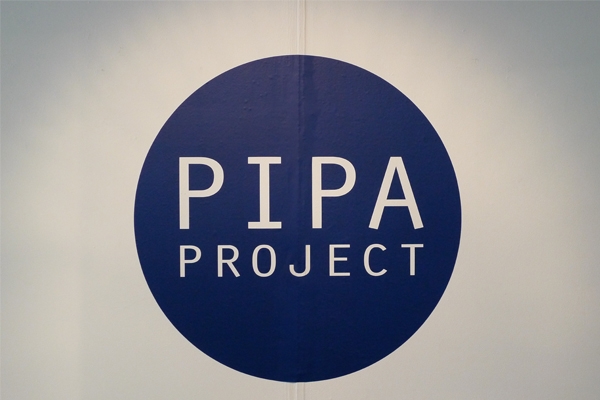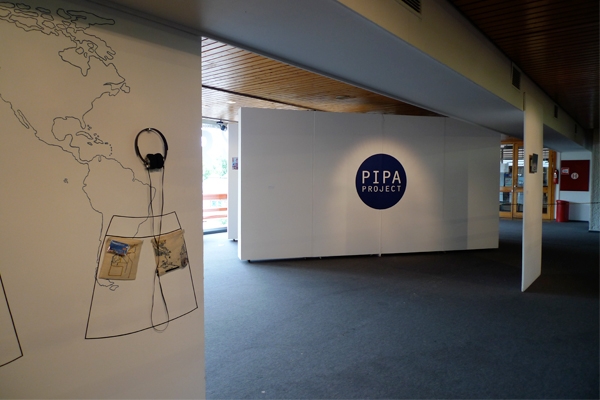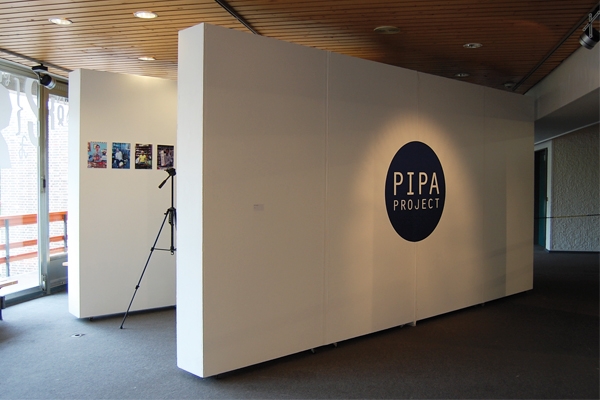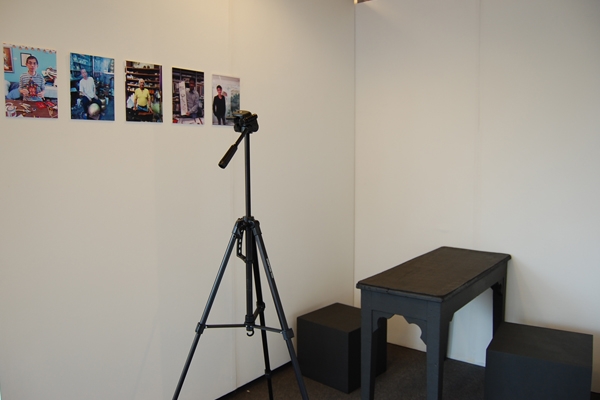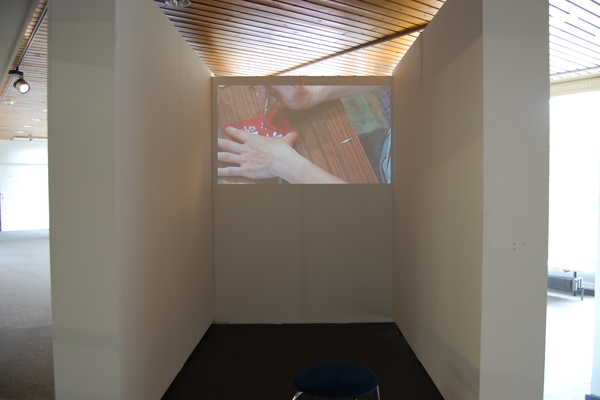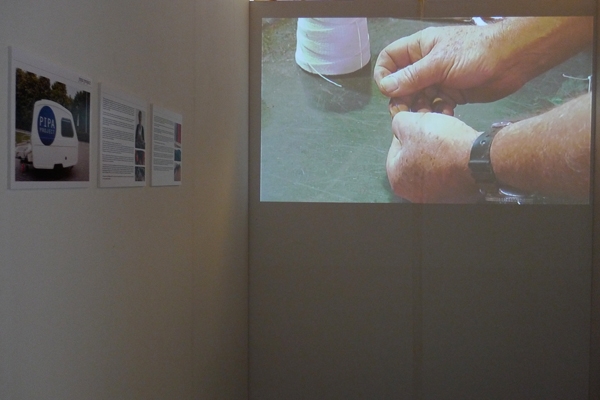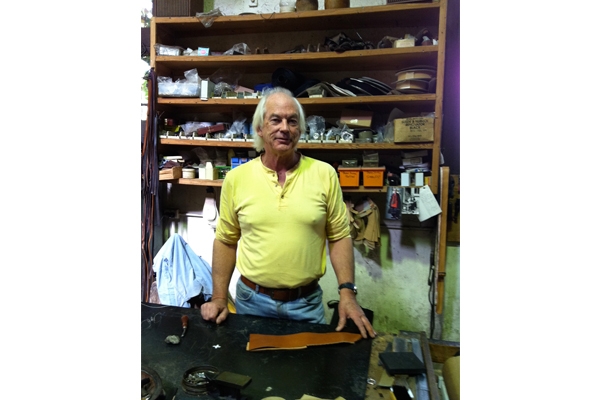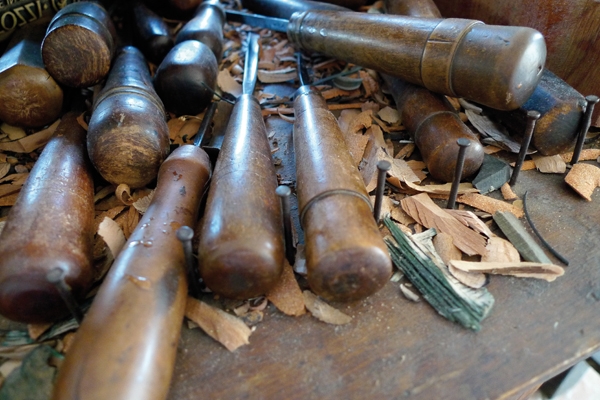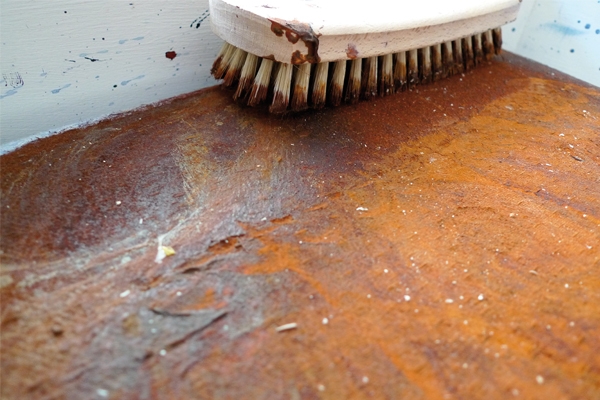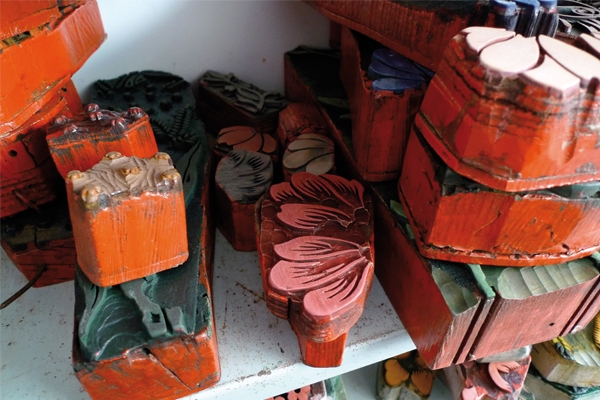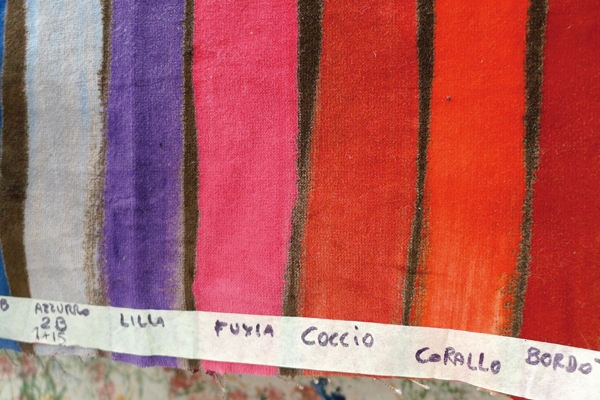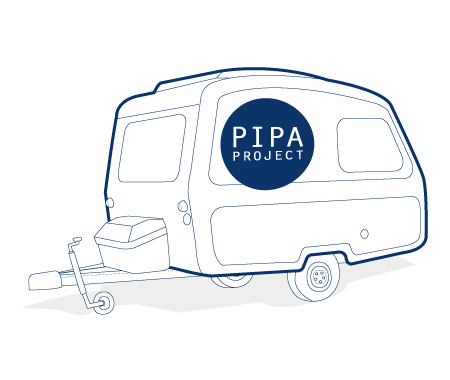About PIPA
PIPA is a portable lab/workstation/exhibition space designed as a platform for public interaction that temporarily appears in public spaces around the city. The peripatetic lab exhibits and documents self-made objects promoting an attitude of conspicuous moderation. In the lab the team films interviews with locals to add to a growing archive of design solutions and strategies. Working closely with local communities the lab col- laborates on edupunk(i) projects and seeks to uncover bricoleurs (ii) and alternative strategists. PIPA has shared knowledge and collected stories in Berlin Germany, Tournai Belgium, Bellingen Australia and Hong Kong The People’s Republic of China.
Utopian visions seem impossible in contemporary democracies, in highly individualised societies, yet Micro-utopian visions based on individual fashioning of personal living spaces can create cells of self-sufficiency dotted around the community that can be infectious.
PIPA is due to launch the archive online in December 2011 to enable the resources to be available to all. The hub will include documentation of handmade or refashioned objects, recordings of traditional techniques and creative ideas, links to related sites for relevant information about sustainable practices, and is an ongoing site to connect like-minded people and continue the project when the Lab moves to another city.
In 1967 Alan Watts speaking at the Houseboat Summit said:
Our educational system, in its entirety, does nothing to give us any kind of material competence. In other words, we don’t learn how to cook, how to make clothes, how to build houses, how to make love, or to do any of the absolutely fundamental things of life. The whole education that we get for our children in school is entirely in terms of abstractions. It trains you to be an insurance salesman or a bureaucrat, or some kind of cerebral character.
Not much has changed, except now there are also ecological reasons as to why we should re-skill society with traditional techniques before they are forgotten. By creating their own objects people can feel less dependent on the corporations that manufacture and distribute most of the products we consume in our daily lives.
This project is about revaluing skills that are being lost in consumer dependent societies, learning to fix things rather than throwing them away, sewing, repairing, modifying clothing rather than buying new clothes, using creative thinking to come up with unique and individual design solutions and aesthetic objects, reclaiming materials for reuse and developing critical-thinking communities with an eco-friendly attitude.
The team is interested in discovering or at least discussing ways that people can and are making things themselves in order to save money, to customise goods or to suit their exact needs and interests. This is a kind of DIY punk ethic as a rejection of the need to purchase items or use the existing systems or processes.
The Peripatetic Institute for Praxiology and Anthropology (PIPA) is, at its core, a digital archive of handwork techniques that was originally developed to test engaging pedagogies and as a platform to leverage learning outcomes to support and reinforce the practical skills and anthropological knowledge delivered in Dr. Flanagan’s courses at the Wearables Lab at the HKBU Academy of Visual Arts. The archive was a mash up between the existing BU e-learning and as an extension of the Panopto Pilot project which was tested in the second semester of 2011.
The ongoing aims of the project are to instruct, engage and inform as well as to inspire learners to acquire new skills. It is clear that current instructional methods are insufficient and that audio-visual instruction adds a didactic element which was previously unavailable. PIPA is currently collecting data to back up the proposed pedagogy and critically assess its effectiveness. The project is also testing the effectiveness of using new media as a tool for assessment. Both elements enable an inversion of traditional pedagogic techniques so that rather than teaching design skills to create a toolbox from wich students can draw in future design projects. The methodology is purely based on problem solving, the curriculum is developed by the students on a needs basis.
[i] Stephen Downes describes three aspects of the edupunk approach: Reaction against commercialization of learning; do-it-yourself attitu- de and; thinking and learning for yourself. Cohen, David (2008-06-16). “Nevermind the pedagogues, here’s edupunk”. The Guardian (London). Accessed 6th Oct. 2011
[ii] Bricoleur: a person who engages in bricolage. Bricolage: construc- tion or creation from a diverse range of available things.
. . . . . . . . . . . . . . . . . . . . . . . . . . . . . . . . . . . . . . . . . . . . . . . . . . . . . . . . . . . . . . . . . . . . . . . . . . . . . . . . . . . . . . . . . . . . . . . . . . . . . . . . . . . . . . . . . . . . . . . .
Project sponsored by HKBU Hong Kong Baptist University – Academy of Visual Arts
Project by Dr Tricia Flanagan
Research assistant Aurélie Chadaine
Photography Lau Ka Shing, Kenji
Editing Aurélie Chadaine, Ember McCarthy
Graphic design Aurélie Chadaine
Many thanks to Koon Wai Bong Elena Chronopoulou Wong Nai Chung Ivette Droulez Bruce Erskine Daniel Lau Ng Chuen Mui Marie Hélène Nonny Francette Mulier Georg Pleger Tine Rowi Jan Uprichard Françoise Wagnon Students from the Second Skin Lab


